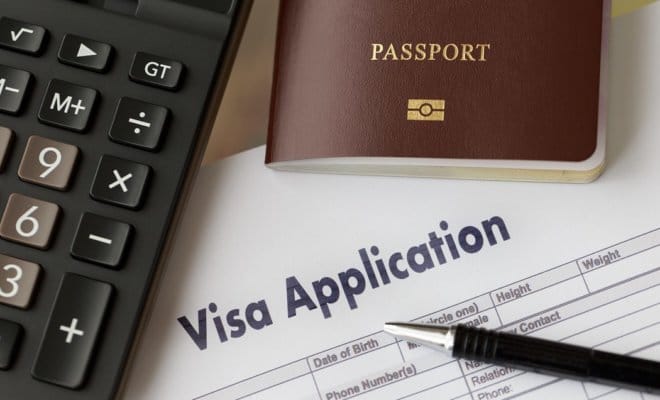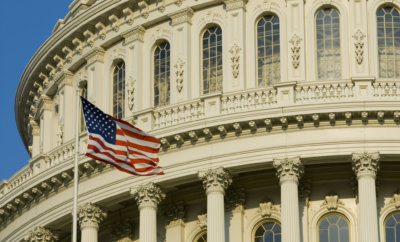Immigration
H-1B Visa Application Filing Season to Begin on April 2

Representational Image
Photo: Bigstock
The procedure for filing applications for H-1B visa will begin on April 2, 2018.
Filing for H-1B visa applications for the fiscal year 2019 will begin on April 2, 2018, the United States Immigration and Customs Enforcement (USCIS) announced recently. The USCIS said that it would be scrutinizing details of employment if the beneficiary will be employed on a third-party worksite.
“This policy memorandum makes clear that employers must provide contracts and itineraries for employees who will work at a third-party location,” the USCIS said.
On April 2, Monday, the procedure is set to begin and the USCIS has confirmed that it is not a federal holiday and that they will be accepting applications for the first five days. Applications can be filed at most six months in advance. Applications without a specific start date will be rejected. Words like ASAP or subject to approval will be rejected, USCIS warned petitioners.
In a previous statement, USCIS had said, “While an H-1B petition may be approved for up to three years, USCIS will, in its discretion, generally limit the approval period to the length of time demonstrated that the beneficiary will be placed in non-speculative work and during which the petitioner will maintain the requisite employer-employee relationship.”
The government agency has said that the change in policy to limit the time spent by H-1B visa workers is in line with the ‘Buy American and Hire American’ executive order by U.S. President Donald Trump.
A lottery will be held for the H-1B visa seekers and only through the lottery will they be able to secure a visa. The USCIS will grant 65,000 new H-1B visas for jobs in the science, engineering and information technology fields, which is part of the regular cap. In the Masters cap, 20,000 new H-1B visas for employees with advanced degrees from U.S. universities will be given.
Every H-1B visa worker gets a visa for three years, which can be renewed for up to six years. “Employment-based petitioners who circumvent the worker protections outlined in the nation’s immigration laws not only injure U.S. workers (e.g., their wages and job opportunities), but also the foreign workers for whom they are petitioning,” the USCIS had said in a petition.



